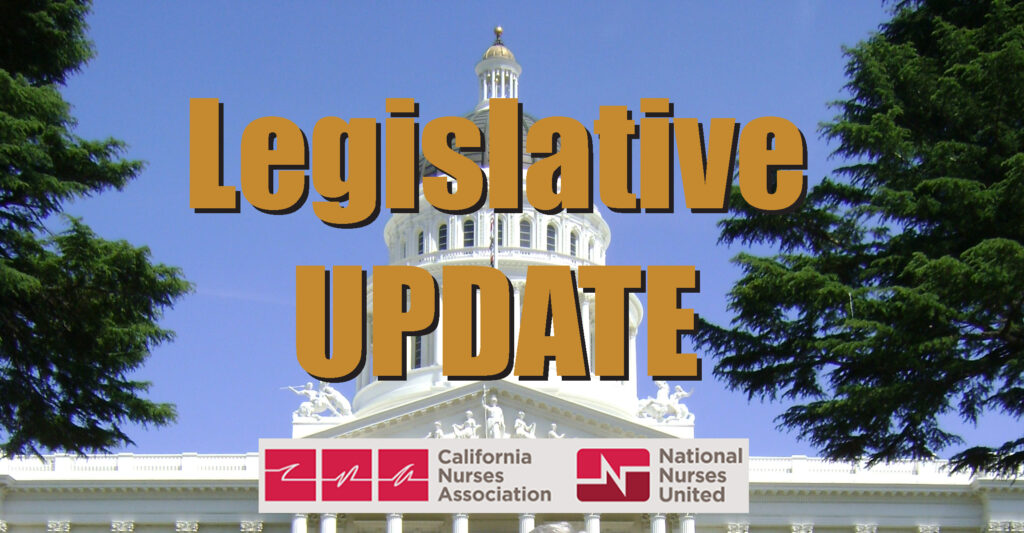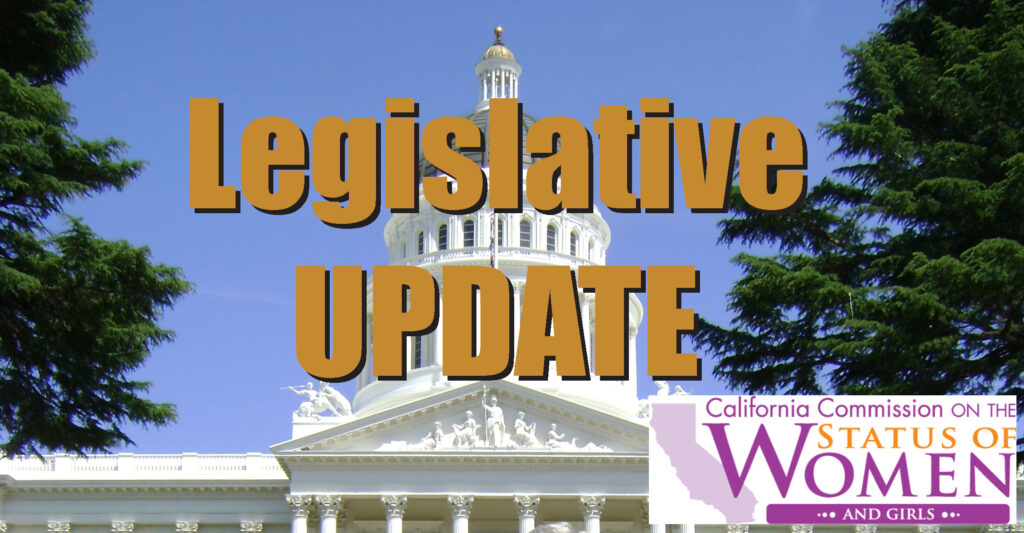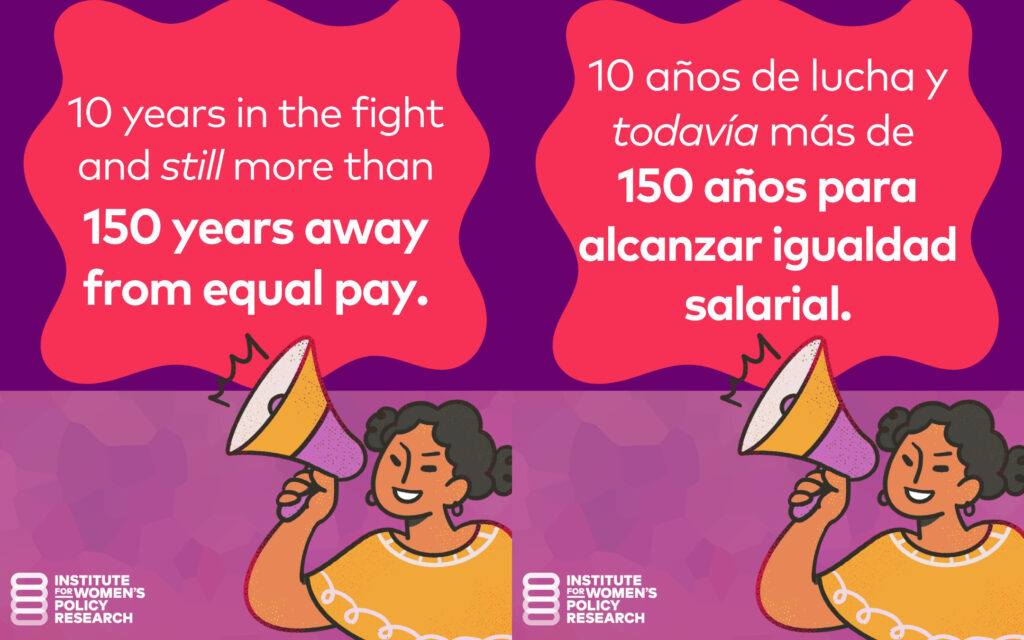Starting salary: $63,658 and $71,056; hiring fairs Oct. 30 & Nov. 13
ALAMEDA, CA – The U.S. Postal Service requires skilled automotive technicians to keep the largest fleet of vehicles among federal agencies, on the road. If you know your way around a vehicle (or know someone who does), you can diagnose and complete complex repairs & maintenance, then applying for our driver and automotive positions could be your start to a new career with the Postal Service.
In-person hiring fairs will continue to fill much-needed vacancies; a specialist will be available to answer questions about the application process and help candidates build a profile to apply for positions.
| Date | Location | Positions | Times |
| 10/30/2025 | Alameda Post Office 2201 Shoreline Dr Alameda, CA 94501 |
Automotive Technician Lead Automotive Technician |
9:00 am – 1:00 pm
|
| 11/13/2025 | Alameda Post Office 2201 Shoreline Dr Alameda, CA 94501 |
Automotive Technician Lead Automotive Technician |
9:00 am – 1:00 pm |
As part of its innovative 10-year transformation and modernization plan, the Postal Service aims to build a more stable and empowered workforce. Postal employees are our greatest asset, and we are investing in our new employees by providing robust training and on-the-job support.
Starting annual salary for automotive technicians is $63,658; starting salary for lead automotive technicians is $71,056; both paid bi-weekly.
The Postal Service offers a comprehensive benefits package which includes medical, dental, and vision as well as the ability to accrue vacation and sick leave; see online job announcements for full details.
Each position requires examination requirements depending on the position, review job announcements for full details.
At the time of appointment, applicants must have a valid driver’s license from the state in which they live.
Applicants must also demonstrate and maintain a safe driving record. Applicants selected under this qualification standard must successfully complete the required Vehicle Familiarization and Safe Operation training, including demonstration of the ability to safely drive a vehicle of the type used on the job.
Qualified applicants must successfully pass a pre-employment drug screening to meet the U.S. Postal Service’s requirement to be drug free. Applicants must also be a U.S. citizen or have permanent resident alien status.
For additional information on how to apply for positions, visit us online at How to Apply for a Postal Service Jobs.
Please Note: The United States Postal Service is an independent federal establishment, mandated to be self-financing and to serve every American community through the affordable, reliable and secure delivery of mail and packages to 169 million addresses six and often seven days a week. Overseen by a bipartisan Board of Governors, the Postal Service is implementing a 10-year transformation plan, Delivering for America, to modernize the postal network, restore long-term financial sustainability, dramatically improve service across all mail and shipping categories, and maintain the organization as one of America’s most valued and trusted brands.
The Postal Service generally receives no tax dollars for operating expenses and relies on the sale of postage, products and services to fund its operations.












